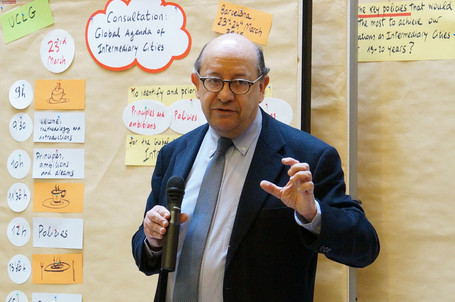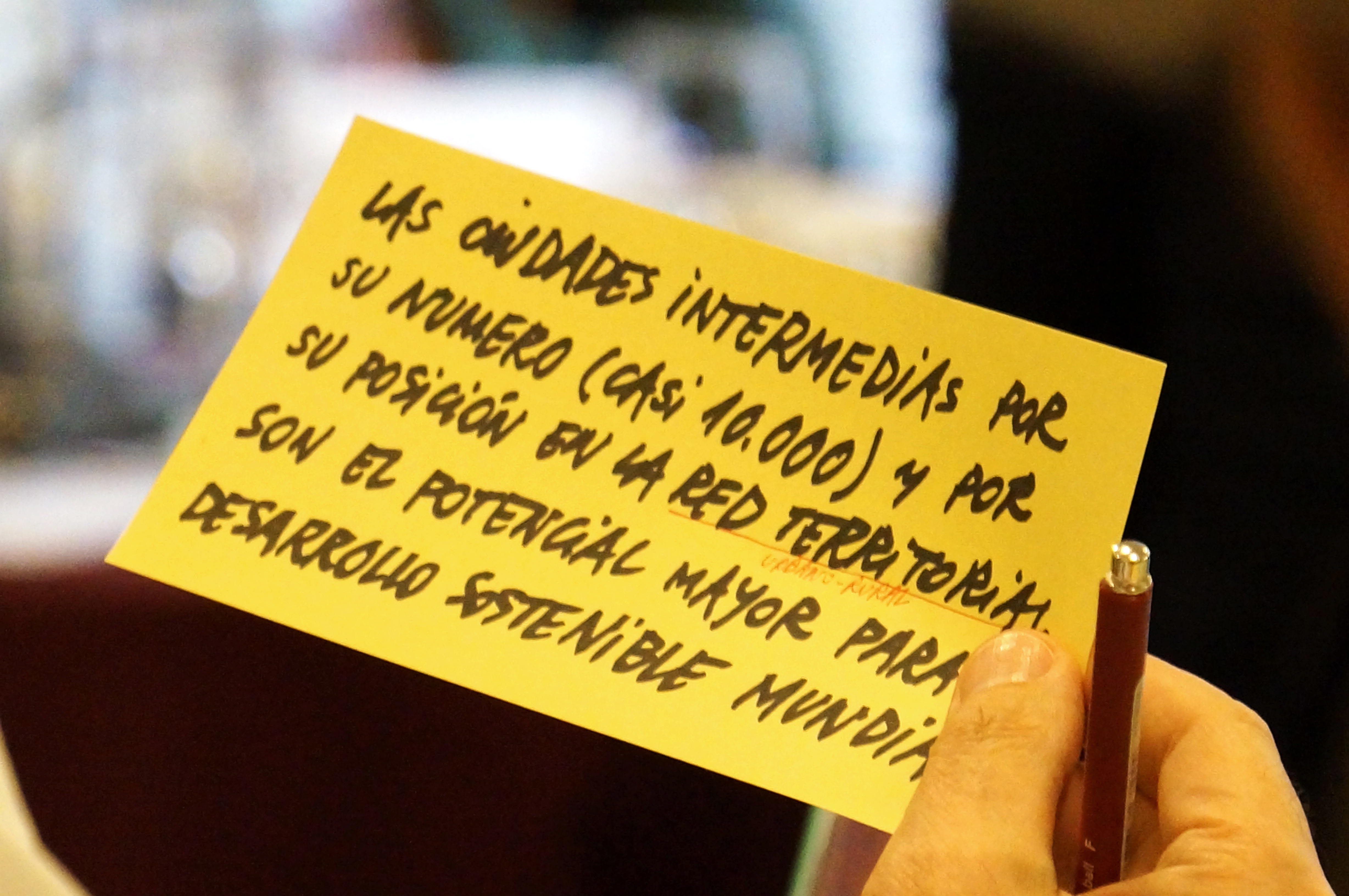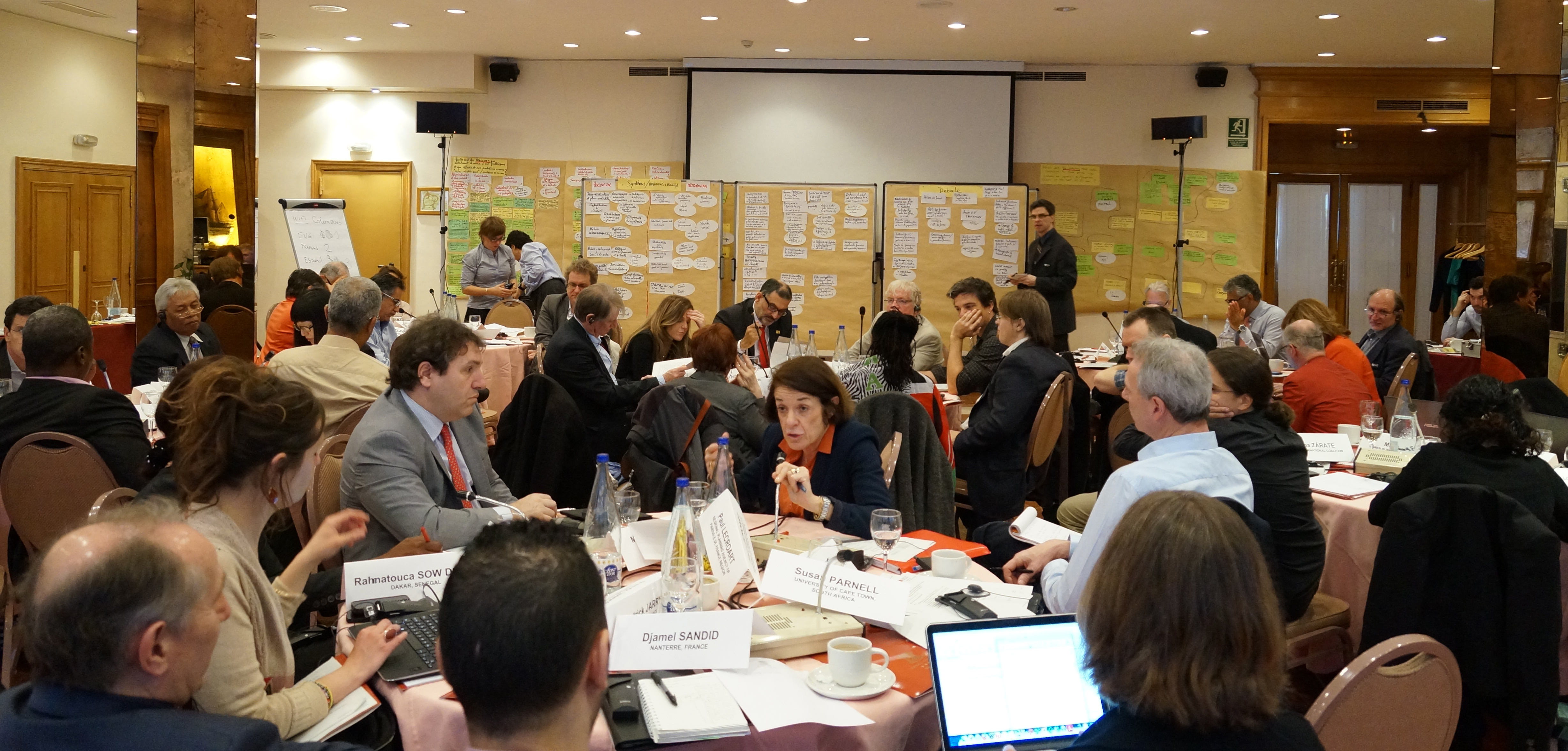
In UCLG consultations in the run up to Habitat III, intermediary cities warn that national governments and international institutions underestimate their role in development at their own risk. Metropolitan and peripheral cities call for new, multi-polar forms of metropolitan governance to ensure the ‘right to the city’ for all.
These are some of the first results of a series of consultations that UCLG is holding as part of our work on the development of a Global Agenda of Local and Regional Governments for the 21stCentury. UCLG will contribute the contents of this Agenda to the Global Taskforce of Local and Regional Governments to support its preparations for the Second World Assembly of Local and Regional Governments, to be held at Habitat III.
The consultations aim to ensure that our Global Agenda addresses the concerns and priorities of our diverse membership, and to identify issues that are of shared interest to local governments, civil society and other stakeholders, in order to forge alliances in preparation for the Habitat negotiations.
We can now begin to share the initial results of the first three consultations, which were attended by over 70 participants including elected officials and local government practitioners from 37 cities across every continent, academic experts and researchers, and representatives of civil society, international institutions, and the private sector.
Intermediary cities
Intermediary cities are where the greatest urbanization is expected over the coming decades, but in this session it was pointed out that such cities are often overlooked in international development debates.

The participants discussed both the unique challenges and the unique opportunities that intermediary cities face in ensuring sustainable development.
Many local governments are already taking advantage of the ‘human scale’ of intermediary cities to make them more liveable and inclusive for men, women and children, and to experiment with new forms of participatory governance and planning. Unique local cultures were also seen as a strong asset for these kinds of cities.
However, limited autonomy and financing were identified as constraints on the ability of local governments to harness the full potential of their cities, and to maximize their contributions to territorial and national development.
 Metropolitan and peripheral cities
Metropolitan and peripheral cities
This consultation was a unique opportunity to explore the agendas of large metropolises and peripheral cities, both in parallel and in dialogue with one another. The session allowed elected representatives, CSOs, academics and partners to explore the tensions and potential alliances between these two types of city.
It was agreed that metropolitan areas must be addressed as a functional whole, rather than according to administrative boundaries. Representatives of peripheral cities advocated strongly for multi-polar metropolitan areas and for the ‘right to centrality’ for all metropolitan residents.
Strategic metropolitan planning and land management, citizen co-management of basic services, and participatory governance were identified as essential tools to reduce segregation and increase citizen wellbeing.
Next steps
Our next consultation will be held with representatives of territories, that is, small municipalities, regions, and rural areas.
Full reports on the results of all the consultations will be published shortly on the UCLG website:










